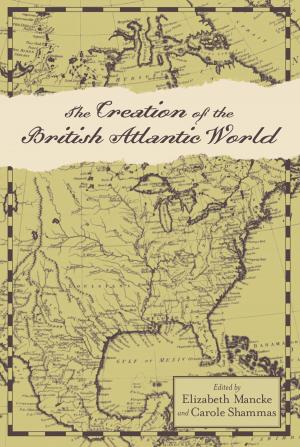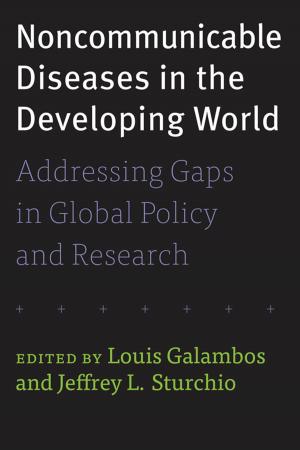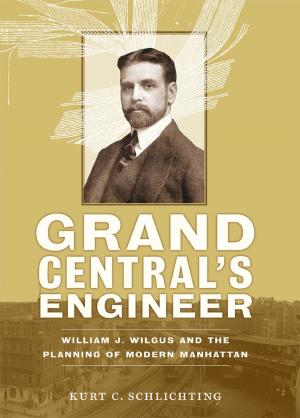California Mennonites
Nonfiction, Religion & Spirituality, Christianity, Denominations, Mennonite, Social & Cultural Studies, Social Science, Sociology| Author: | Brian Froese | ISBN: | 9781421415130 |
| Publisher: | Johns Hopkins University Press | Publication: | February 19, 2015 |
| Imprint: | Language: | English |
| Author: | Brian Froese |
| ISBN: | 9781421415130 |
| Publisher: | Johns Hopkins University Press |
| Publication: | February 19, 2015 |
| Imprint: | |
| Language: | English |
Books about Mennonites have centered primarily on the East Coast and the Midwest, where the majority of Mennonite communities in the United States are located. But these narratives neglect the unique history of the multitude of Mennonites living on the West Coast. In California Mennonites, Brian Froese relies on archival church records to examine the Mennonite experience in the Golden State, from the nineteenth-century migrants who came in search of sunshine and fertile soil to the traditionally agrarian community that struggled with issues of urbanization, race, gender, education, and labor in the twentieth century to the evangelically oriented, partially assimilated Mennonites of today.
Froese places Mennonite experiences against a backdrop of major historical events, including World War II and Vietnam, and social issues, from labor disputes to the evolution of mental health care. California Mennonites include people who embrace a range of ideologies: many are historically rooted in the sixteenth-century Reformation ideals of the early Anabaptists (pacifism, congregationalism, discipleship); some embrace twentieth-century American evangelicalism (missions, Billy Graham); and others are committed to a type of social justice that involves forging practical ties to secular government programs while maintaining a quiet connection to religion.
Through their experiences of religious diversity, changing demographics, and war, California Mennonites have wrestled with complicated questions of what it means to be American, Mennonite, and modern. This book—the first of its kind—will appeal to historians and religious studies scholars alike.
Books about Mennonites have centered primarily on the East Coast and the Midwest, where the majority of Mennonite communities in the United States are located. But these narratives neglect the unique history of the multitude of Mennonites living on the West Coast. In California Mennonites, Brian Froese relies on archival church records to examine the Mennonite experience in the Golden State, from the nineteenth-century migrants who came in search of sunshine and fertile soil to the traditionally agrarian community that struggled with issues of urbanization, race, gender, education, and labor in the twentieth century to the evangelically oriented, partially assimilated Mennonites of today.
Froese places Mennonite experiences against a backdrop of major historical events, including World War II and Vietnam, and social issues, from labor disputes to the evolution of mental health care. California Mennonites include people who embrace a range of ideologies: many are historically rooted in the sixteenth-century Reformation ideals of the early Anabaptists (pacifism, congregationalism, discipleship); some embrace twentieth-century American evangelicalism (missions, Billy Graham); and others are committed to a type of social justice that involves forging practical ties to secular government programs while maintaining a quiet connection to religion.
Through their experiences of religious diversity, changing demographics, and war, California Mennonites have wrestled with complicated questions of what it means to be American, Mennonite, and modern. This book—the first of its kind—will appeal to historians and religious studies scholars alike.















